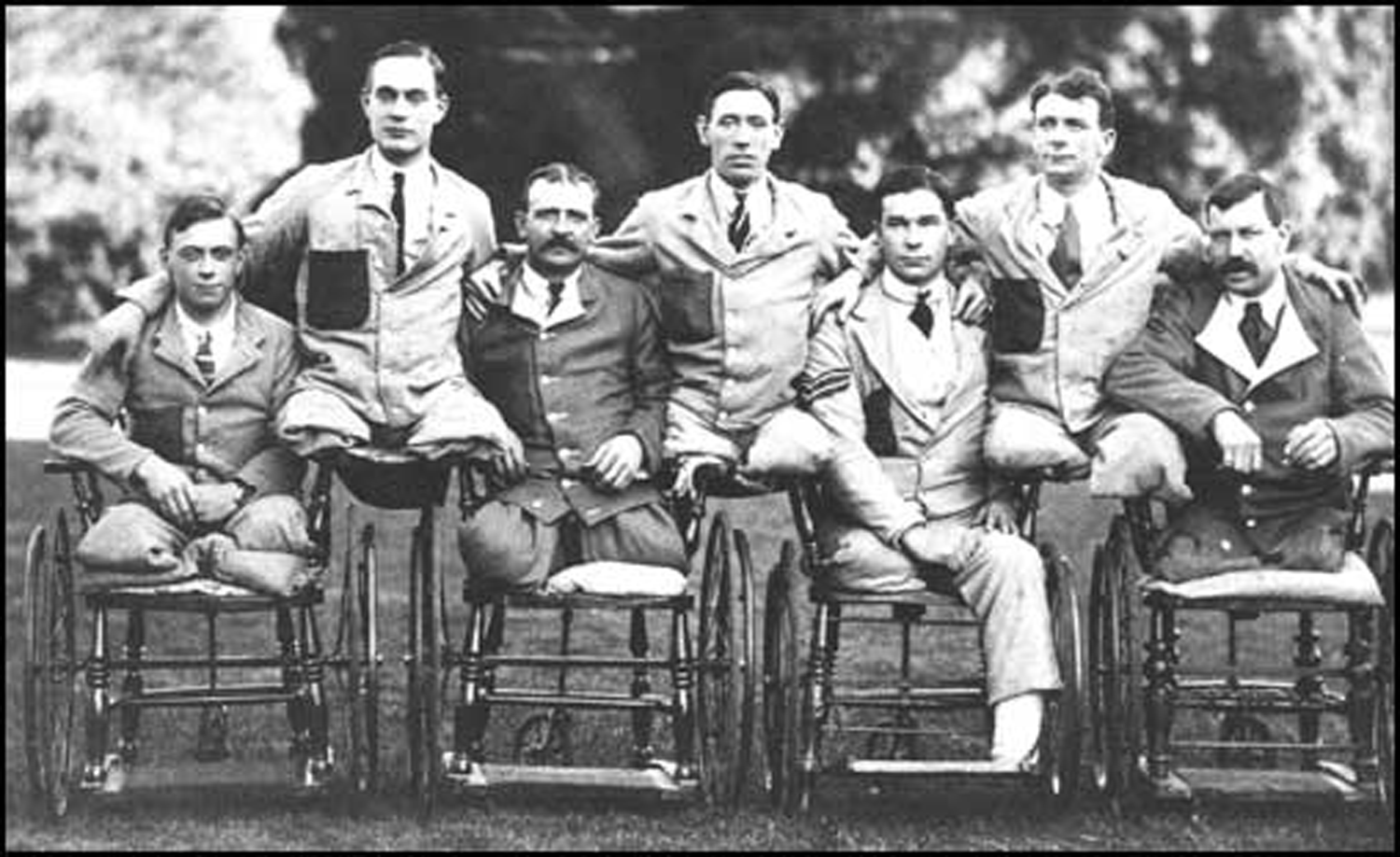
WWI: An Interdisciplinary Perspective: Highlights & Parting Words

Enjoy the Break!
![]()
Christmas in the Trenches by John McCutcheon My name is Francis Tolliver, I come from Liverpool. Two years ago the war was waiting for me after school. To Belgium and to Flanders, to Germany to here I fought for King and country I love dear. 'Twas Christmas in the trenches, where the frost so bitter hung, The frozen fields of France were still, no Christmas song was sung Our families back in England were toasting us that day Their brave and glorious lads so far away. I was lying with my messmate on the cold and rocky ground When across the lines of battle came a most peculiar sound Says I, "Now listen up, me boys!" each soldier strained to hear As one young German voice sang out so clear. "He's singing bloody well, you know!" my partner says to me Soon, one by one, each German voice joined in harmony The cannons rested silent, the gas clouds rolled no more As Christmas brought us respite from the war As soon as they were finished and a reverent pause was spent "God Rest Ye Merry, Gentlemen" struck up some lads from Kent The next they sang was "Stille Nacht." "Tis 'Silent Night'," says I And in two tongues one song filled up that sky "There's someone coming toward us!" the front line sentry cried All sights were fixed on one long figure trudging from their side His truce flag, like a Christmas star, shown on that plain so bright As he, bravely, strode unarmed into the night Soon one by one on either side walked into No Man's Land With neither gun nor bayonet we met there hand to hand We shared some secret brandy and we wished each other well And in a flare-lit soccer game we gave 'em hell We traded chocolates, cigarettes, and photographs from home These sons and fathers far away from families of their own Young Sanders played his squeezebox and they had a violin This curious and unlikely band of men Soon daylight stole upon us and France was France once more With sad farewells we each prepared to settle back to war But the question haunted every heart that lived that wondrous night "Whose family have I fixed within my sights?" 'Twas Christmas in the trenches where the frost, so bitter hung The frozen fields of France were warmed as songs of peace were sung For the walls they'd kept between us to exact the work of war Had been crumbled and were gone forevermore My name is Francis Tolliver, in Liverpool I dwell Each Christmas come since World War I, I've learned its lessons well That the ones who call the shots won't be among the dead and lame And on each end of the rifle we're the same |
German and Russian soldiers together on the Eastern front, Christmas 1914. You can listen to an interview with the author of a book (Silent Night) on this incident at: www.npr.org/templates/story/story.php?storyId=4246639
|